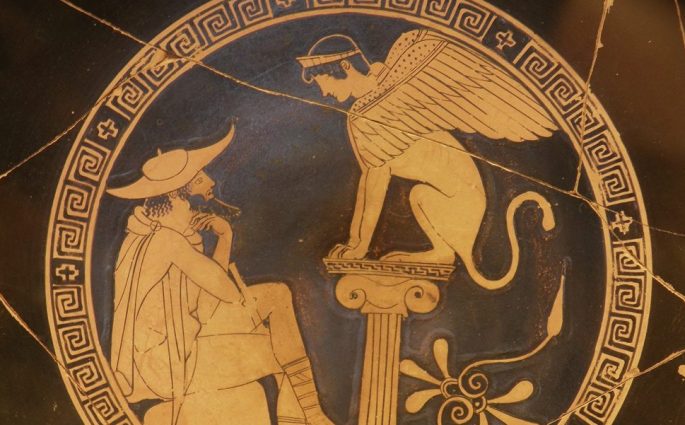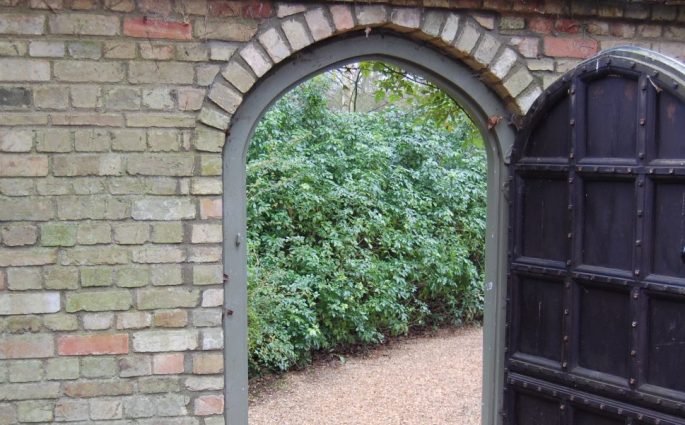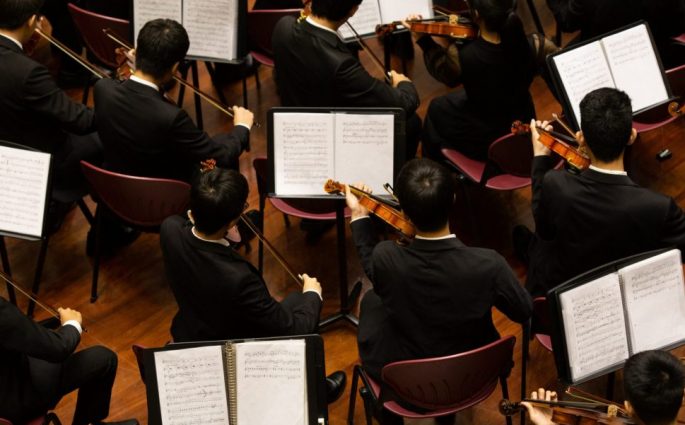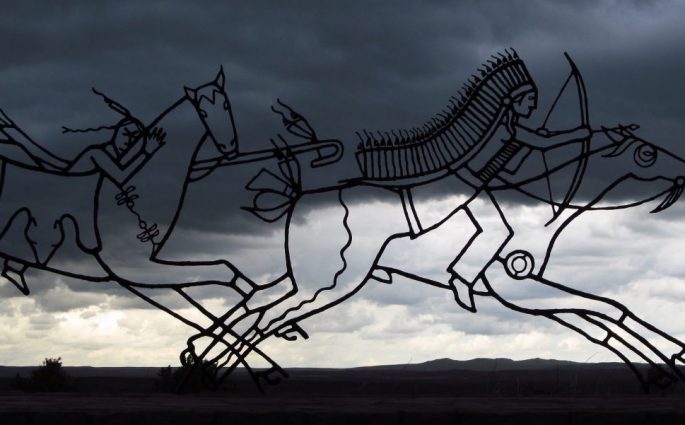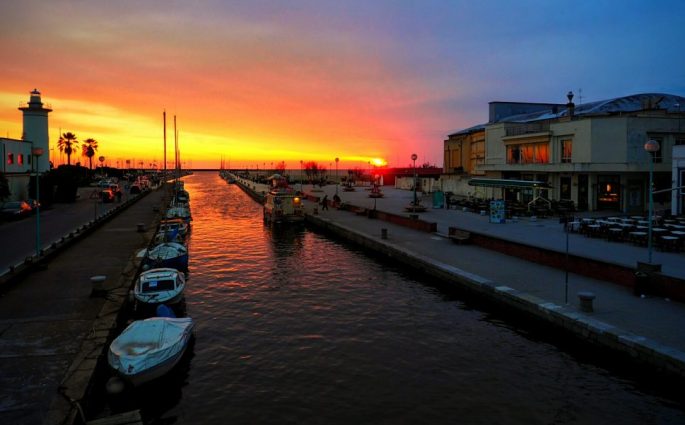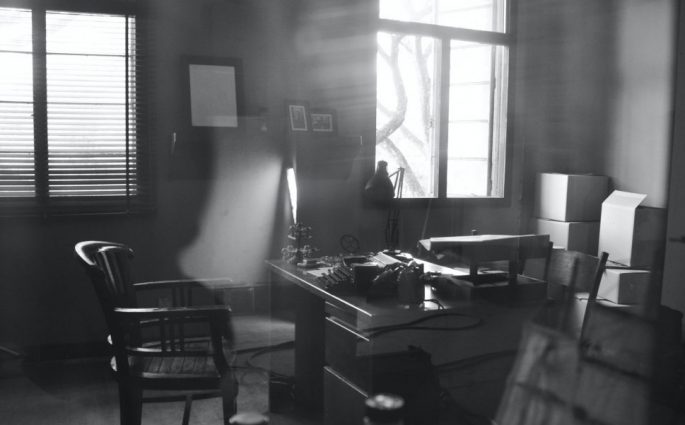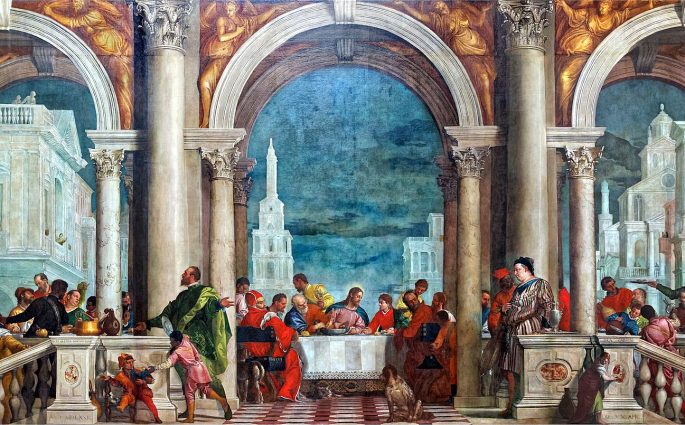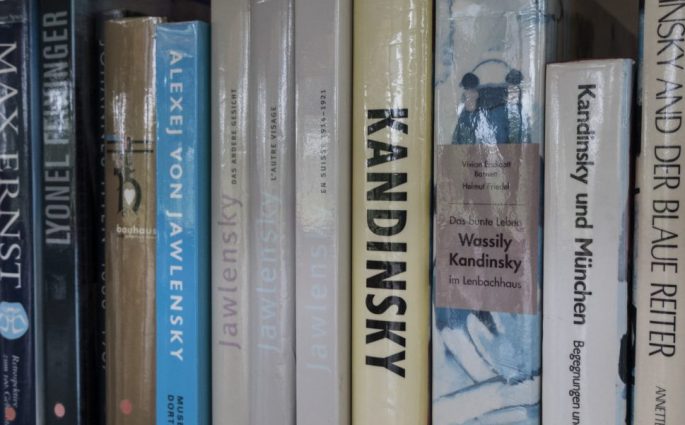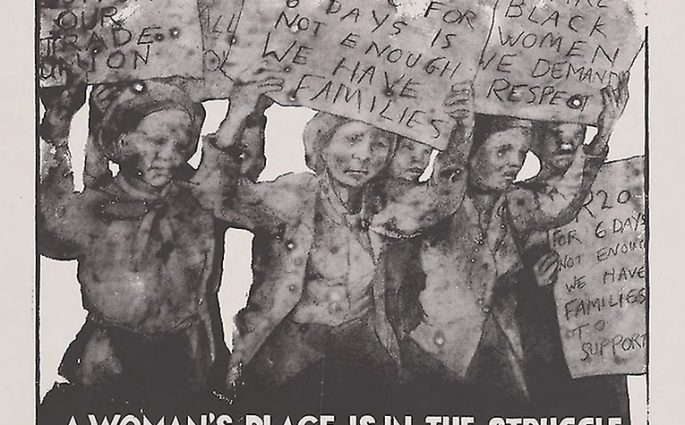Tragedy
Terry Eagleton— All art has a political dimension, but tragedy actually began life as a political institution. Indeed, for Hannah Arendt it is the political art par excellence. Only in theatre, she writes, ‘is the political sphere of human life transposed into art’. In fact, ancient Greek tragedy is not

